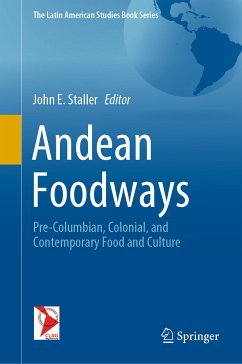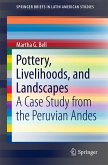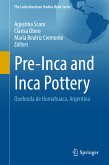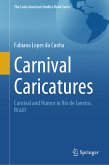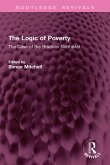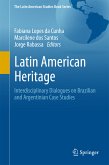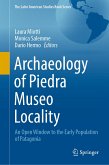The breadth and scope of the contributions provides original insights into a diversity of topics, such as the role of food in Andean political economies, the transformation of foodways and cuisines through time, and ancient iconographic representations of plants and animals that were used as food. Thus, this volume is distinguished from most of the published literature in that specific foods, cuisines, and culinary practices are the primary subject matter through which aspects of Andean culture are interpreted.
Dieser Download kann aus rechtlichen Gründen nur mit Rechnungsadresse in A, B, BG, CY, CZ, D, DK, EW, E, FIN, F, GR, HR, H, IRL, I, LT, L, LR, M, NL, PL, P, R, S, SLO, SK ausgeliefert werden.
Hinweis: Dieser Artikel kann nur an eine deutsche Lieferadresse ausgeliefert werden.

